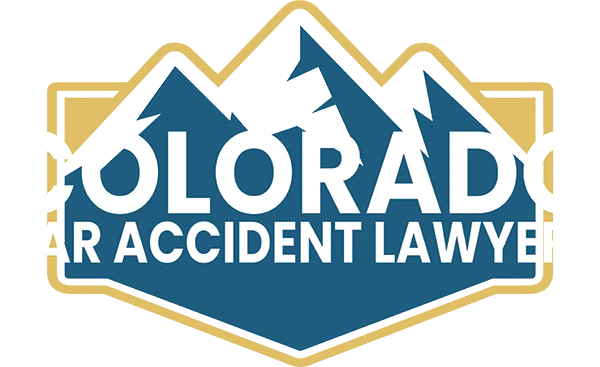Home » FAQs
After a car accident, prioritize safety by moving to a safe location if possible. Call 911 to report the accident and request medical assistance for injuries. Exchange contact and insurance information with the other driver, and document the scene with photos of vehicle damage, road conditions, and visible injuries. It’s also important to file a police report, as it’s a key piece of evidence in any car accident claim. Contact a car accident attorney to guide you through the next steps.
Yes. Colorado follows a modified comparative negligence rule, which allows you to recover damages as long as you are less than 50% at fault. Your compensation will be reduced by your percentage of fault. For instance, if you are found 20% responsible for the crash, your compensation will be reduced by 20%. A car accident lawyer can help minimize the impact of fault on your claim.
Fault is established by reviewing evidence such as the police report, witness statements, traffic camera footage, and physical evidence like vehicle damage. In some cases, accident reconstruction experts may be involved. Colorado’s at-fault insurance system means the party responsible for the crash must pay for damages, so proving fault is crucial.
Victims of car accidents can recover economic damages such as medical bills, vehicle repair costs, and lost wages. Additionally, you may claim non-economic damages like pain and suffering, emotional distress, and loss of enjoyment of life. In cases involving egregious negligence, punitive damages may also apply.
If the at-fault driver is uninsured, you can file a claim under your uninsured/underinsured motorist coverage (UM/UIM) if it’s included in your policy. A lawyer can help you explore other avenues for compensation, such as filing a personal injury lawsuit.
The statute of limitations for filing a car accident claim in Colorado is three years from the date of the accident. Missing this deadline may forfeit your right to compensation. Acting quickly also ensures evidence is preserved, witnesses are available, and your case is stronger.
Following a motorcycle accident, call 911 and seek immediate medical attention, even if injuries seem minor. Document the scene with photos of your motorcycle, the other vehicle, and any road hazards. Gather contact information from witnesses and file a police report. Consulting a motorcycle accident lawyer early ensures your rights are protected.
While Colorado does not require helmets for riders over 18, wearing a helmet can significantly reduce the risk of severe injuries and strengthen your claim. If you weren’t wearing a helmet, the defense might argue that your injuries were exacerbated, potentially reducing your compensation under comparative negligence rules.
Compensation in a motorcycle accident claim may include:
Medical expenses: For surgeries, physical therapy, and long-term care.
Lost wages: If your injuries prevent you from working.
Pain and suffering: For physical pain and emotional distress.
Property damage: To repair or replace your motorcycle.
Loss of enjoyment of life: If your injuries limit daily activities or hobbies.
Motorcyclists are especially vulnerable to hazards like potholes, loose gravel, or poorly designed roads. If a government agency or contractor failed to maintain the roadway, you may have a premises liability claim. Consult a motorcycle accident lawyer to evaluate your options.
Unfortunately, some insurers and jurors may unfairly assume motorcyclists are reckless. An experienced attorney will present clear evidence, such as traffic laws, witness testimony, and accident reconstruction, to counteract these biases and prove fault.
Like car accidents, the statute of limitations for motorcycle accident claims in Colorado is three years. Starting early is critical to securing evidence and building a strong case.
In a truck accident, ensure everyone’s safety and call 911. Due to the size and weight of trucks, these accidents often result in serious injuries. Document the scene, take photos, and gather witness information. Commercial truck accidents involve federal regulations, so consulting a truck accident lawyer is essential to navigating the legal complexities.
Responsibility may lie with multiple parties, including:
Common causes include:
The Federal Motor Carrier Safety Administration (FMCSA) sets strict rules on hours of service, vehicle maintenance, and driver qualifications. Violations of these regulations can establish negligence and significantly impact your case.
Damages include:
Truck accident cases are more complex than typical car accidents due to the involvement of commercial insurance policies, multiple liable parties, and extensive damages. Settlements may take months to years, depending on the specifics.
The statute of limitations is three years, but truck accidents often require extensive investigation. Acting quickly ensures compliance with deadlines and improves the likelihood of a successful claim.

Injured in an accident? Don’t hesitate, reach out to us today and find out how much your case is worth!